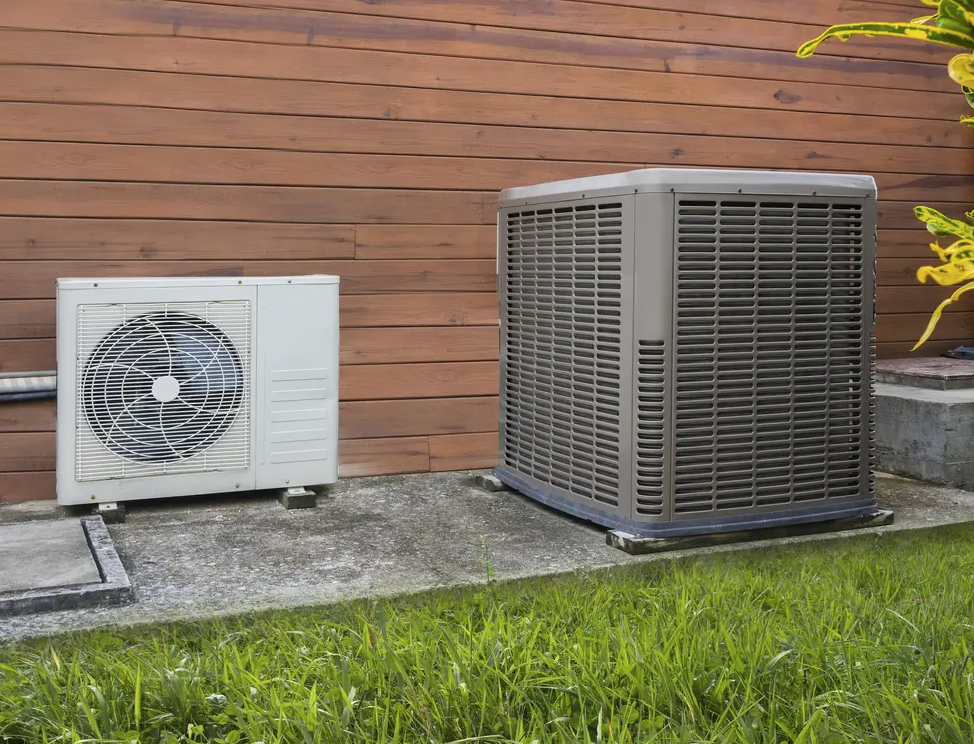Brussels prepares action plan to accelerate market and deployment of new heat pumps
(sustainabilityenvironment.com) – Speed up progress in energy decarbonisation. Create the conditions for switching to renewable heating and cooling systems. Support the competitiveness of the Community clean energy industry. These are the three cornerstones of the new EU initiative on heat pumps.
What is a heat pump and how does a it works?
The European Commission is finalising the action plan to accelerate its deployment in the EU, with the aim of enabling the installation of 40 million new heat pumps by the end of this decade. An ambitious target that must overcome a series of obstacles. From the purely structural ones (for example, the high initial costs of this technology) to the regulatory ones, from the information gaps to the market failures, passing through the limits of the industry and the value chain and the deficiencies of the competences. This is why the EU executive is aiming for an integrated approach in all policy areas.
The EU initiative in detail
The action plan for heat pumps system, explains Brussels, will be based on four elements:
- A platform or accelerator bringing together the Commission, the Member States, the industry, financial institutions and training providers along the entire heat pump value chain to accelerate their uptake organically to power grid performance.
- “Special attention to communication and a partnership dedicated to expertise in the field of heat pumps”.
- An ad hoc regulatory framework that updates the ecodesign directives and the energy label, with the possibility of reformulating also the measures on energy performance in buildings, energy efficiency, renewables or the electricity market.
- More accessible funding. “The action plan – writes the European Commission – will identify funding possibilities for the deployment of new individual heat pumps and for heating networks powered by large heat pumps as part of heating and cooling strategies to local and regional level, especially for the less well-off, such as people in energy poverty”.
The work of the EU Executive will also take into account the views of citizens and stakeholders. The committee has recently launched an invitation to stakeholders to present opinions, positions and ideas on obstacles in this area. Feedback will be analysed and used as a basis “to arrive at a common vision of relevant policy responses”.

